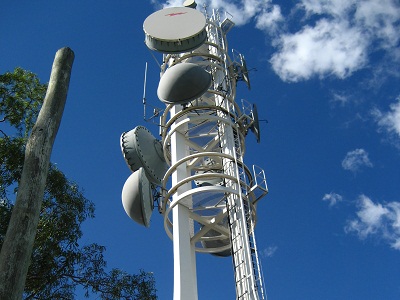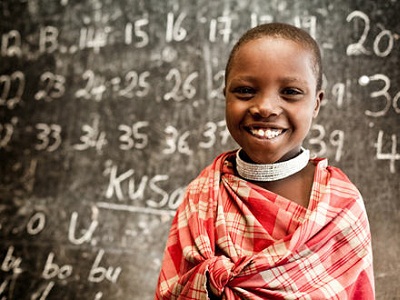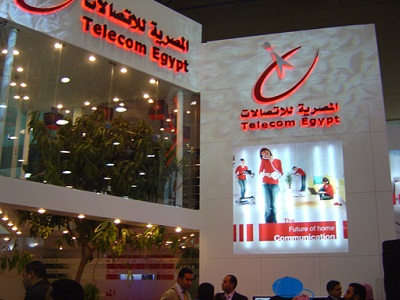
Last month at the third annual mHealth Summit held in Washington, D.C., the Innovation Working Group, part of the UN Secretary-General’s Every Woman Every Child effort, and the mHealth Alliance announced the recipients of eight catalytic grants for mHealth programs. The grants, funded by the Norwegian Agency for Development Cooperation (Norad), are designed to identify and foster innovative uses of mobile technology to advance maternal and newborn health, with a particular focus on supporting programs with sustainable financing models and early indications of health impact.
The eight mHealth projects receiving grants span from Africa to Southern Asia. They address such diverse issues as malnutrition on the small Tanzanian island of Zanzibar to childhood immunization drop-outs in Karachi, Pakistan. Each project has already demonstrated initial pilot level efficacy, and the grants will be used to take the programs to regional or national scale and make progress towards Millennium Development Goals 4 and 5. A link to each of the 2011 Competition Winners’ websites can be found below.
The mHealth Alliance will work to provide the necessary resources and skills to support national scale-up processes and enable expanded reach to communities in need. Throughout the two-year grant period, the mHealth Alliance will provide technical support and establish opportunities for collaborative learning among the grantees, as well as facilitate the formation of public-private partnerships to further support long term impact and sustainability. “Each of the eight recipient initiatives has demonstrated innovative mobile technology solutions to obstacles in health and healthcare practices,” said Patty Mechael, Executive Director of the mHealth Alliance. “From providing maternal and newborn health information via mobile phones to building technology that supports clinical decision-making, these initiatives all focus [on] helping the world’s most vulnerable populations lead a healthier life.”
The next round of catalytic funding will be announced early this year. mHealth projects that have already demonstrated efficacy at pilot level and that have a viable plan for sustainability and scale are encouraged to submit applications. Check back with the HUB for application instructions and for monthly blog posts from the eight catalytic mHealth projects as they share their experiences going to scale.
2011 Competition Winners include:
Clinton Health Access Initiative (CHAI)
Interactive Research and Development (IRD)-Pakistan













































